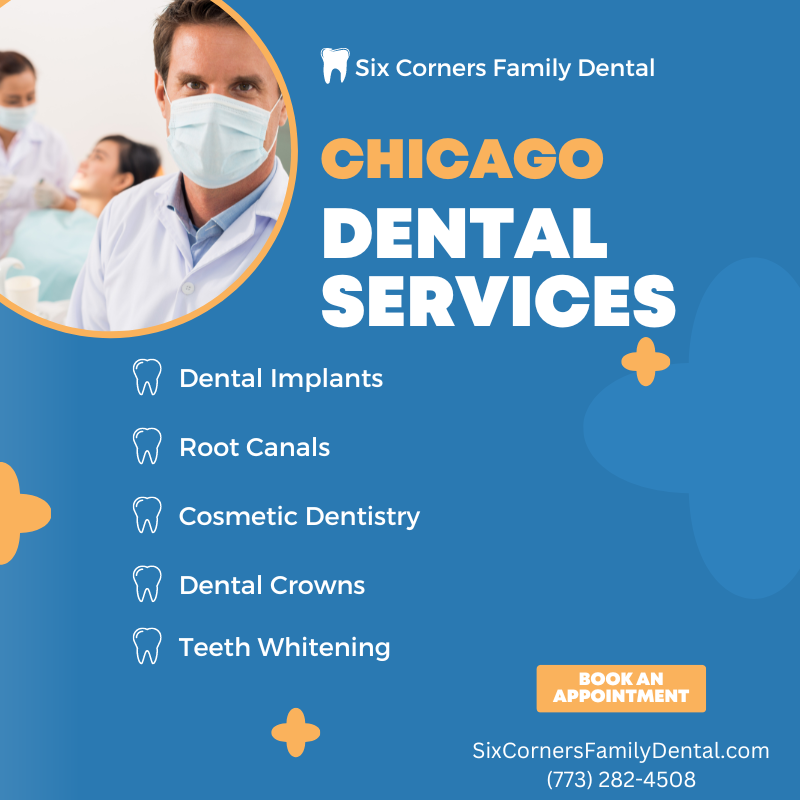Welcome to our comprehensive guide on dental care for senior citizens. As you age, it’s vital to prioritize your oral health to maintain a healthy smile and overall well-being.
At Six Corners Family Dental Care, we understand the unique challenges that seniors face when it comes to dental care. That’s why we’re committed to providing personalized dental solutions for people of all ages, including the elderly.
Key Takeaways:
- Dental care is crucial for senior citizens to maintain good oral health and overall well-being.
- Seniors face specific oral health challenges, including tooth decay, gum disease, dry mouth, and tooth loss.
- Maintaining good oral hygiene and regular dental check-ups can prevent and manage these issues.
- There are a variety of dental treatments available for senior citizens, including dental fillings, crowns, bridges, dentures, dental implants, and periodontal treatments.
- Caregivers play an essential role in assisting seniors with their dental care routine to promote optimal oral health.
Why Dental Care is Crucial for Seniors
As we age, our oral health needs change, and it becomes more important than ever to prioritize dental care. Seniors are at a higher risk for a variety of oral health problems, including tooth decay, gum disease, dry mouth, and tooth loss.
These issues can not only cause pain and discomfort but can also have a significant impact on your overall health and well-being. Poor oral health has been linked to an increased risk of conditions such as heart disease, stroke, and diabetes.
Regular dental check-ups and proper oral hygiene are essential for preventing and managing these problems. Your dentist can help identify any issues early on and provide the necessary treatments to keep your smile healthy and bright.
Contact Larry A. Fisher, DDS
(773) 282-4508
(224) 558-4508 – Chicago Emergency Dentist 24/7
—> Setup an Online Dental Appointment

Why Dental Care is Crucial for Seniors
Restoring and maintaining your oral health can have a profound impact on your quality of life. By taking care of your teeth and gums, you can prevent pain and discomfort, avoid costly dental procedures, and enjoy better overall health in your golden years.
So don’t neglect your dental care! Take the necessary steps to keep your smile in top shape and maintain a healthy, happy life.
Common Dental Problems in Seniors
As we age, our oral health needs change and we become more susceptible to various dental problems. It’s important to recognize and address these issues early on to prevent them from escalating. Here are some of the most common dental problems in seniors:
| Dental Problem | Cause |
|---|---|
| Cavities | Consuming sugary and acidic foods and drinks, poor oral hygiene, dry mouth, and certain medications that reduce saliva production. |
| Gum disease | Plaque buildup, poor oral hygiene, tobacco use, certain medications, and chronic conditions such as diabetes and heart disease. |
| Root decay | Exposed tooth roots due to receding gums, poor oral hygiene, and dry mouth. |
| Oral infections | Poor oral hygiene, dry mouth, and compromised immune system. |
If left untreated, these dental problems can lead to tooth loss, painful chewing, and even serious health complications such as heart disease and stroke. It’s important to seek dental treatment as soon as possible if you experience any of these issues.
Tips for Maintaining Oral Health as a Senior
As a senior, it’s important to take good care of your oral health to maintain a healthy smile and prevent dental problems.
- Brush your teeth twice a day with fluoride toothpaste to remove plaque and prevent cavities.
- Floss daily to remove food particles and plaque from between your teeth.
- Use an antibacterial mouthwash to kill bacteria and freshen your breath.
In addition to these basic oral hygiene tips, there are other things you can do to promote good oral health:
- Quit smoking or using tobacco products, which can increase your risk for gum disease and oral cancer.
- Limit your alcohol consumption, as excessive drinking can contribute to oral health problems.
- Eat a balanced diet that’s low in sugar and high in vitamins and minerals to support your oral and overall health.
Finally, don’t forget to schedule regular dental check-ups to catch any potential problems early and maintain the health of your teeth and gums. Your dentist may recommend more frequent cleanings or treatments based on your specific needs.
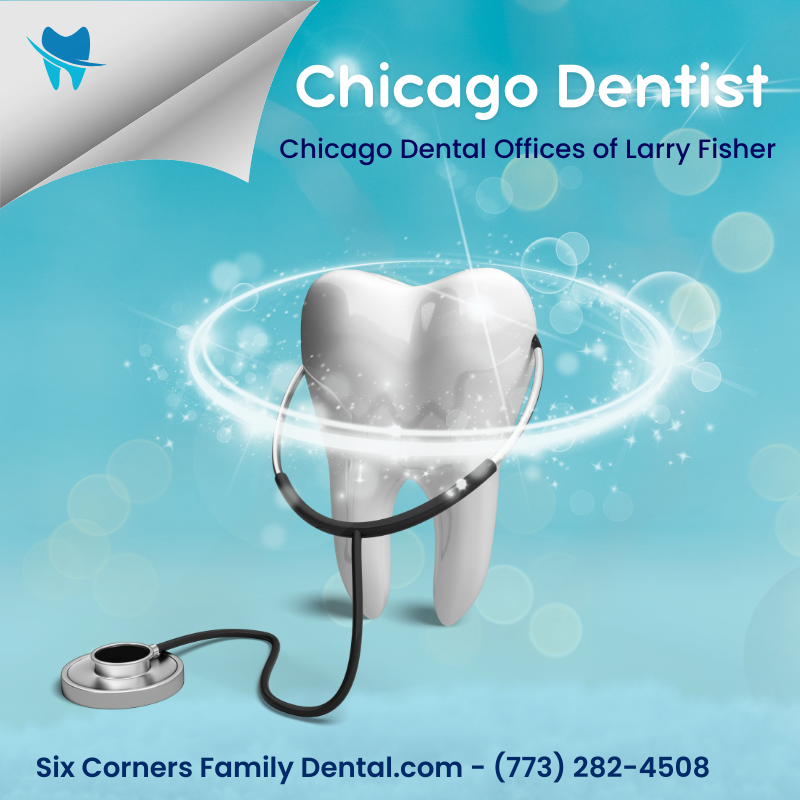
The Importance of Regular Dental Check-ups for Seniors
Regular dental check-ups are crucial for maintaining good oral health, especially as you age. During these check-ups, your dentist can detect and prevent potential problems, such as cavities and gum disease, before they become more serious.
Professional cleanings can also remove built-up plaque and tartar that regular brushing and flossing alone cannot. In addition, your dentist may recommend preventive treatments, such as fluoride treatments or dental sealants, to protect your teeth from decay.
It is recommended that seniors visit their dentist for a check-up at least once every six months. However, if you have specific oral health concerns or conditions, your dentist may recommend more frequent visits.
Dental Treatments for Senior Citizens
As you age, your dental needs may change, and you may require more extensive dental treatments to maintain a healthy smile. Fortunately, there are a variety of dental treatments available for senior citizens that can restore or improve your oral health.
| Dental Treatment | Description | Benefits |
|---|---|---|
| Dental Fillings | Used to fill cavities and prevent further decay | Restore tooth function and prevent infection |
| Crowns | Covers a damaged or decayed tooth to improve its appearance and strength | Restores tooth function and prevents further damage |
| Bridges | Covers gaps left by missing teeth by attaching artificial teeth to surrounding teeth | Restores tooth function and improves appearance |
| Dentures | Replace several or all missing teeth and can be removed for cleaning | Restore tooth function and improve appearance |
| Dental Implants | Surgically implanted to replace missing teeth with a permanent solution | Restore tooth function and improve appearance; prevent bone loss in the jaw |
| Periodontal Treatments | Treats gum disease and prevents further damage to the gums and teeth | Improves oral health and prevents tooth loss |
It’s important to note that each individual may require different dental treatments based on their specific needs and preferences. Your dentist can work with you to create a personalized treatment plan that meets your needs and ensures optimal oral health.
Tips for Overcoming Dental Anxiety in Seniors
If you feel anxious about visiting the dentist, you’re not alone. Dental anxiety is common, and it can be especially challenging for seniors who may have had negative experiences in the past. However, it’s important to prioritize your oral health and seek the dental care you need to maintain a healthy smile.
Communicate With Your Dentist
One of the most effective ways to manage dental anxiety is to communicate with your dentist. Let them know if you have any fears or concerns, and they can work with you to find solutions that help you feel more comfortable. Your dentist may offer sedation dentistry options, such as nitrous oxide or oral sedatives, to help you relax during your appointment.
Practice Relaxation Techniques
Practice relaxation techniques, such as deep breathing or visualization exercises, before and during your dental appointment. This can help you stay calm and centered throughout the visit.
Bring a Support Person
Consider bringing a trusted friend or family member to your appointment for emotional support. Having someone you trust by your side can make a big difference in reducing anxiety and promoting a sense of calm.
Distract Yourself
Bring headphones and listen to calming music or an audiobook during your appointment to create a distraction from the dental procedures. This can help take your mind off of the anxiety you may be experiencing.
Take Breaks When Needed
If you feel overwhelmed or anxious during your appointment, ask your dentist for breaks as needed. Taking a few minutes to gather yourself and relax can help you feel more comfortable and allow you to complete the necessary dental procedures.
Remember, regular dental check-ups and treatments are essential for maintaining your oral health, so don’t let dental anxiety prevent you from seeking the care you need. With these tips, you can overcome your fears and achieve a healthy smile for years to come.
Medicare Coverage for Dental Care
Unfortunately, original Medicare does not cover routine dental care, such as check-ups, cleanings, fillings, or extractions. However, Medicare Part A may cover certain dental services that are deemed medically necessary, such as dental exams prior to heart surgery or jaw reconstruction after a severe injury.
If you have a Medicare Advantage Plan, also known as Medicare Part C, your plan may offer additional dental benefits beyond what original Medicare covers. It’s important to review your plan’s coverage and consult with your dentist to determine the extent of your dental coverage and out-of-pocket costs.
If you don’t have dental coverage through Medicare, you may want to explore alternative options, such as dental insurance, dental discount plans, or dental savings accounts. These options can provide affordable access to necessary dental care.
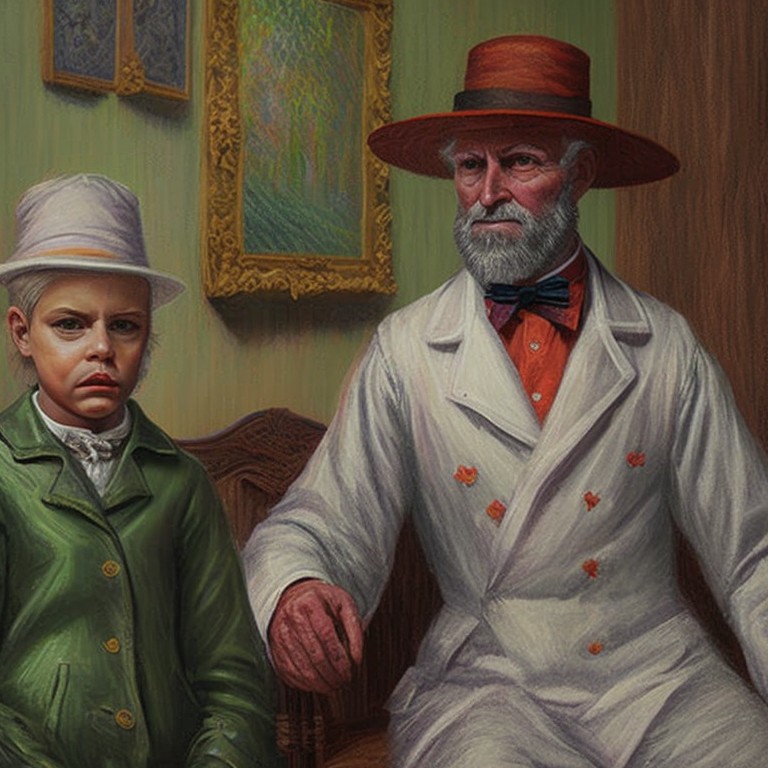
Tips for Maintaining Oral Health as a Senior
As a senior, it’s important to prioritize your oral health to maintain a healthy smile and prevent common dental problems. Here are some practical tips and advice:
- Brush your teeth twice a day with a fluoride toothpaste.
- Floss daily to remove plaque and food particles from between your teeth.
- Avoid tobacco and excessive alcohol consumption, which can increase the risk of oral cancer, gum disease, and tooth decay.
- Eat a well-balanced diet rich in nutrients and low in sugar to support your overall health and oral hygiene.
- Stay hydrated to prevent dry mouth, which can lead to tooth decay and gum disease.
- Discuss any medication side effects with your dentist, as some may affect your oral health.
By following these tips, you can maintain optimal oral health and enjoy a healthy smile in your golden years.
If you need assistance with your dental care routine, don’t hesitate to reach out to your caregiver or dental professional for guidance and support.
Special Considerations for Senior Oral Health
As you age, your oral health needs may change. It’s important to be aware of these considerations and take measures to maintain optimal oral health. Here are a few things to keep in mind:
- Medications: Certain medications can impact your oral health, such as causing dry mouth, which can increase the risk of tooth decay and gum disease. Talk to your healthcare provider or dentist if you experience any oral health symptoms or have concerns about medication side effects.
- Chronic Conditions: If you have a chronic condition such as diabetes or heart disease, it’s important to manage it effectively to prevent complications such as oral infections. Be sure to inform your dentist of any health conditions or medications you are taking.
- Mobility Limitations: Physical limitations such as arthritis can make it difficult to maintain good oral hygiene. Consider using assistive devices such as electric toothbrushes or flossers, or have a caregiver assist you.
Remember, early detection and prevention are key to maintaining good oral health at any age. Be sure to communicate with your healthcare providers and dentist to ensure comprehensive care.
Financial Assistance for Senior Dental Care
As a senior, it can be challenging to afford necessary dental care, especially if you are living on a fixed income. Fortunately, there are financial assistance programs that can help you cover the costs.
One option is Medicaid, a state-run program that provides low-cost or free dental services to eligible seniors. You can check with your local Medicaid office to see if you qualify and what services are covered.
Another option is to look into dental grants, which are funds specifically allocated to help seniors with their dental care needs. Some organizations that offer dental grants include the Dental Lifeline Network and the Cosmetic Dentistry Grants Program.
You can also explore community-based resources, such as dental clinics that offer sliding-scale fees based on income or dental schools that provide low-cost dental services to seniors.
Overall, it’s important to know that financial assistance is available for senior dental care. Don’t hesitate to reach out and explore your options to ensure that you receive the dental care you need to maintain good oral health. 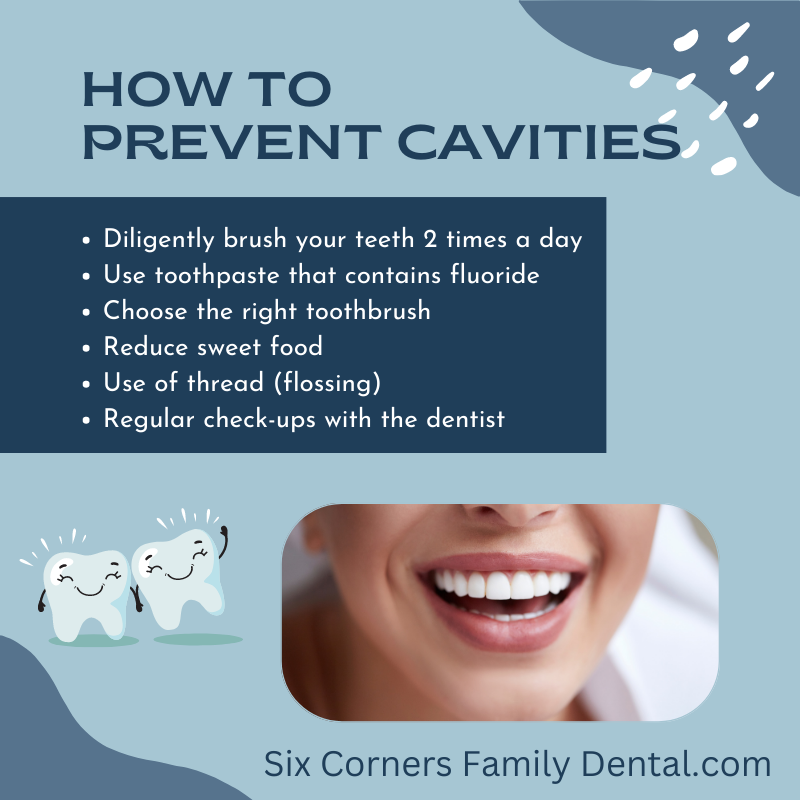
Conclusion: Achieving a Healthy Smile in Your Golden Years
Congratulations! You’ve made it to the end of this article on dental care for senior citizens. Hopefully, you’ve learned some valuable information on how to achieve and maintain a healthy smile in your golden years.
Remember, dental care is just as important for seniors as it is for people of all ages. Regular dental check-ups, proper oral hygiene, and a healthy diet can all contribute to a healthy mouth and overall well-being.
If you’re experiencing any dental problems or concerns, don’t hesitate to talk to your dentist. They can provide personalized care and treatment solutions to meet your specific needs.
Financial assistance programs and caregiver support are also available to help make dental care more accessible and affordable for seniors.
By prioritizing your oral health and taking advantage of available resources, you can achieve a healthy smile and enjoy your golden years to the fullest.
Contact Larry A. Fisher, DDS
(773) 282-4508
(224) 558-4508 – Chicago Emergency Dentist 24/7
—> Setup an Online Dental Appointment
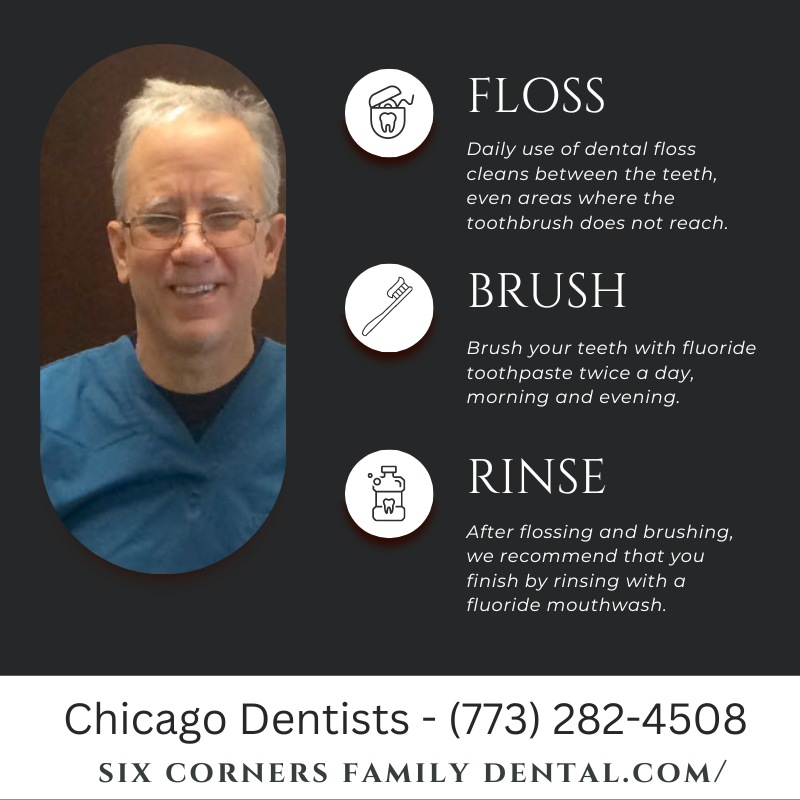
DENTAL FAQ POSTS
🦷 View our Dental Crown Guide & FAQ’s
🦷 5 Reasons People Need to Get Dental Crown
🦷 Chicago Dentistry for Children


